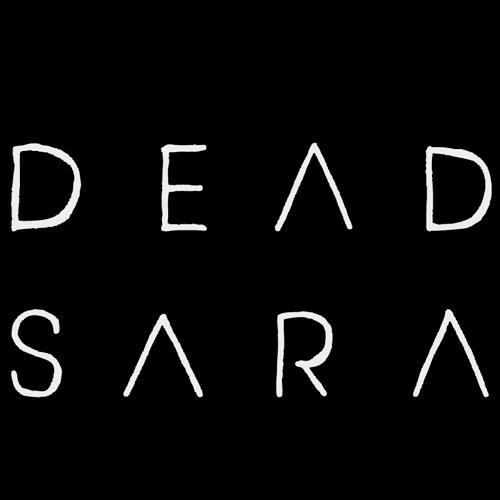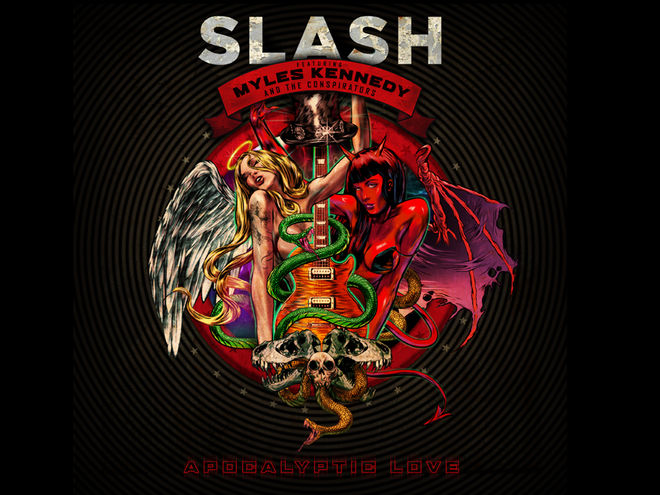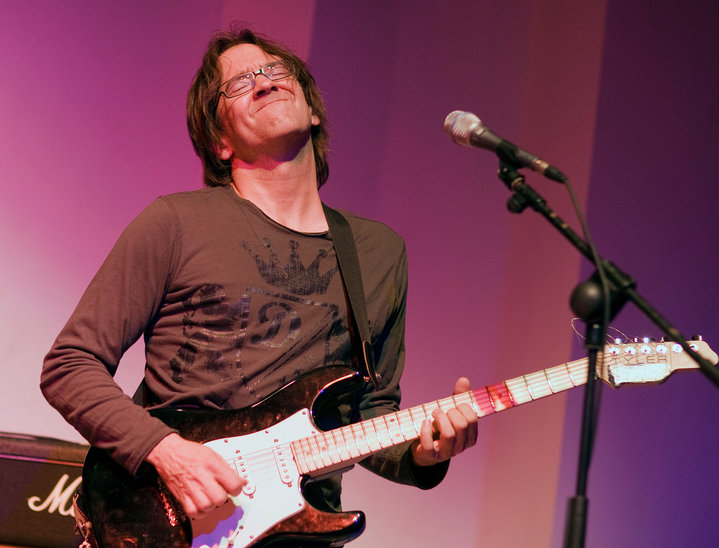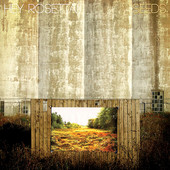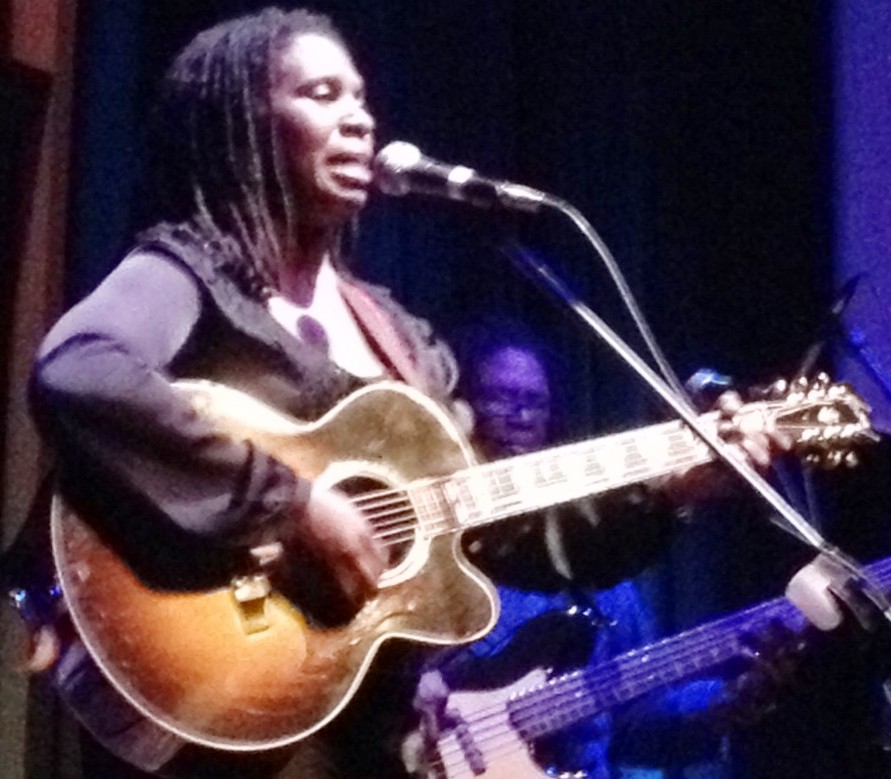The band Dead Sara released their self-titled album on April 10th. Based in Los Angeles, the female duo-fronted band weaves together a stiff, punk attitude with a grungy rock sound. Their sound sometimes reminds me of a heavier Hole, what with Emily Armstrong's edgy vocals mixing with the solid rhythm lines provided by guitarist Siouxsie Medley. Might I take a moment here to comment on the guitarists name? Okay, there are no Banshees in the band, nor any of the Banshee attitude that should accompany a moniker like "Siouxsie." I have a major problem with this name. It's like Avenged Sevenfold's "Zacky Vengeance" trying to pretend he's never heard of Davey Havok.That being said, the album is perfectly fine. It's like if you're in a supermarket, and they're out of Coke, Pepsi will do. It's cold, brown, and does the job. When you've listened to the Audioslave CD in your car too many times to want to hear it anymore, give Dead Sara a try. They'll provide a 43-minute long respite.In all seriousness though, the first song, "Whispers & Ashes," starts the album with a wispy, distanced bass line that creates a mysterious aura, until Armstrong yells something that sounds like "shout" or "shut" to usher in the rest of the band. When she begins the first verse, the guitar switches modes from a chordal crescendo to palm-muted version of the same melody. It lacks continuity and complexity, not to mention lyrical coherence. The first lines go, "so once again, come follow me/to my grave, a distant family/shattered bruises and shattered words/is your saving grace in vain." This seems to be a hodgepodge of words that continues in the chorus with, "whispers and ashes, behold/whispers and ashes, hold on." The groove in this song isn't bad, really. There are just too many elements that the band does not pull together properly. Their sound just isn't unique; it verges on boring. The attempts to spice things up, like Armstrong's lilted "woo" to transition from the chorus back to the verse, just seem silly.That being said, though, Armstrong is a great singer. She hits all the right notes spot on, yet the quality of her voice loses its flavor when she is yelling, and she yells a lot. The music is often too heavy to carry her sound in the way it deserves to be carried. There are three songs on the album that I think highlight the complexities of her voice: "Dear Love," "Face to Face," and "Sorry for it All." These are good songs. They are sung well and they allow Armstrong to showcase her awesome pipes in the setting they were made for. All three songs are slower, with more mellow music, not without their rock flair, but with a genuine subtlety that makes them actually pleasing, rather than forgettable.The best part about this band is Emily Armstrong. I find myself wanting to hear her voice more and more, and the music less and less, though probably not at all.






